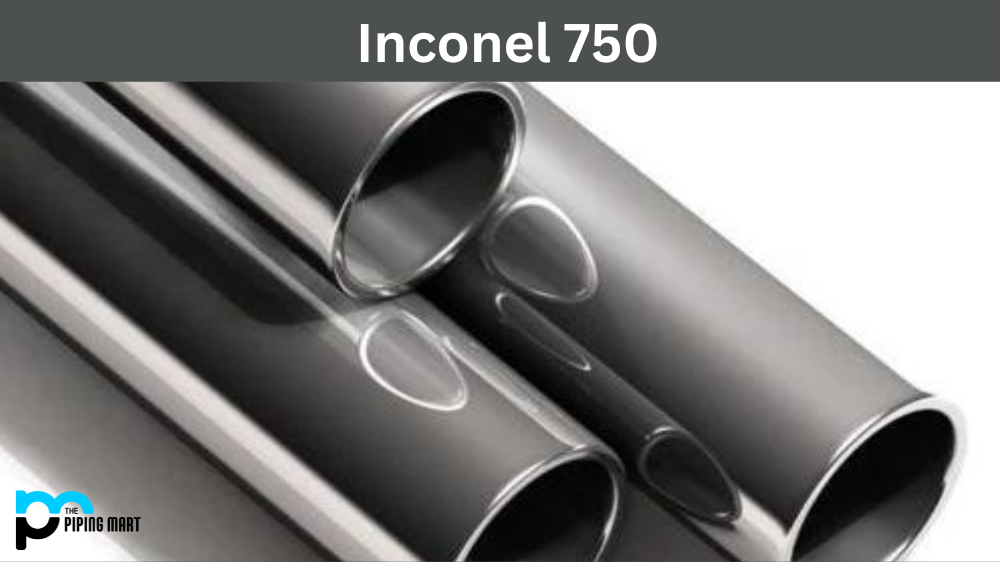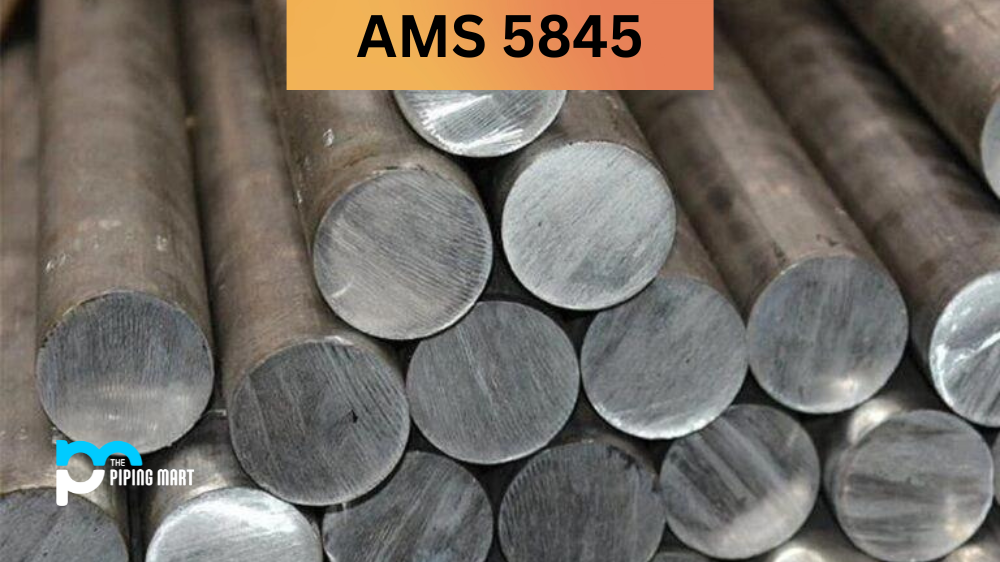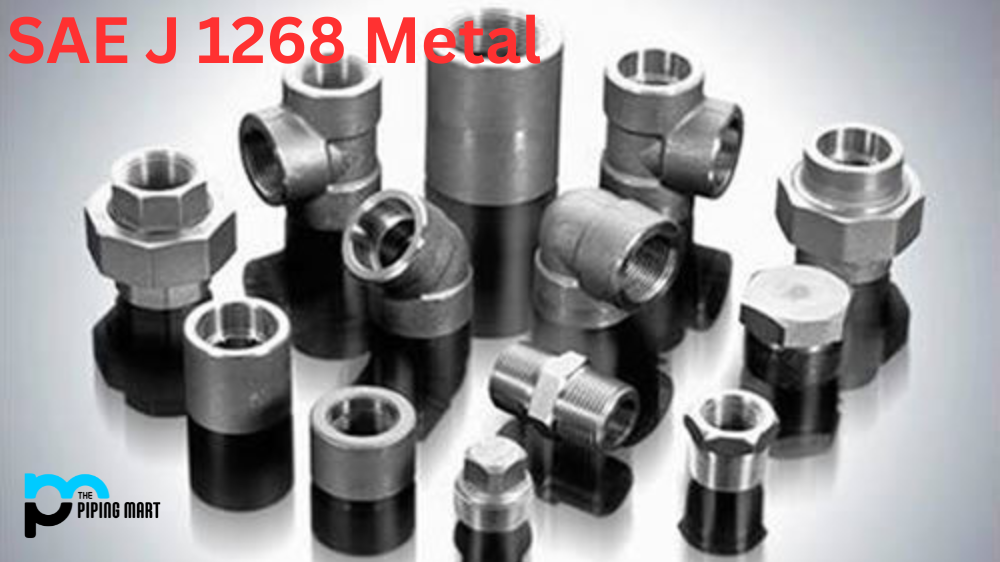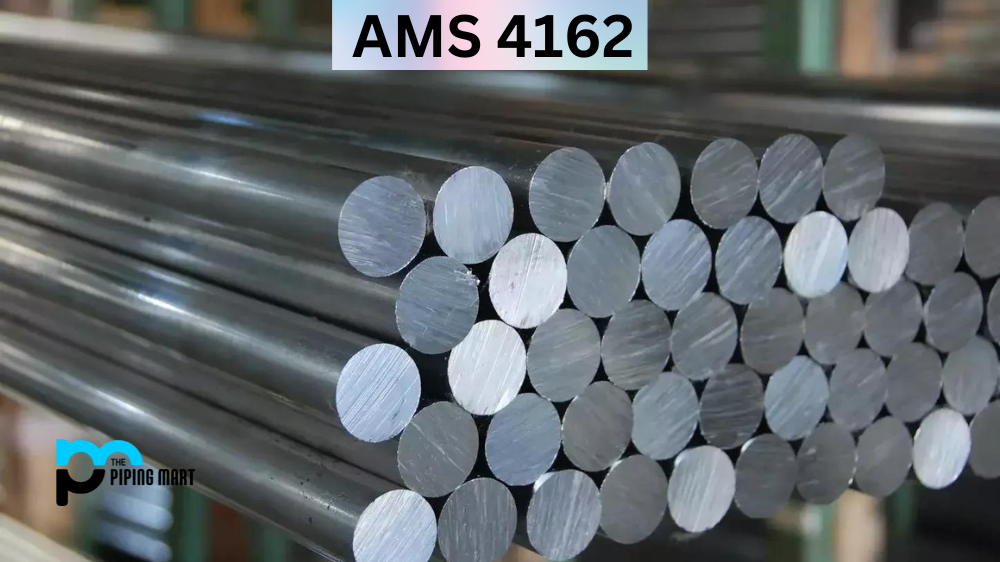Inconel 750 is a nickel-chromium alloy made up of several elements, including iron, manganese, silicon, carbon, and aluminum. Its composition provides it with unique properties that make it ideal for many industrial applications. Let’s take a look at the composition, properties, and uses of Inconel 750.
Composition
The primary component of UNS N07750 is Nickel (Ni), which makes up about 70% of the alloy’s total weight. It also contains Chromium (Cr) in concentrations ranging from 15-20%, as well as Iron (Fe), Manganese (Mn), Silicon (Si), Carbon (C), and Aluminum (Al). This combination of elements creates an alloy with superior mechanical strength and excellent corrosion resistance.
| Element | Content (%) |
|---|---|
| Chromium, Cr | 14-17 |
| Iron, Fe | 5-9 |
| Titanium, Ti | 2.25-2.75 |
| Manganese, Mn | 1 max |
| Niobium, Nb | 0.7-1.2 |
| Copper, Cu | 0.5 max |
| Silicon, Si | 0.5 max |
| Aluminum, Al | 0.4-1 |
| Carbon, C | 0.08 max |
| Sulfur, S | 0.01 min |
| Nickel, Ni | Remainder |
Chemical Properties
The chemical properties of alloy 750 include high tensile strength, good ductility and formability, excellent oxidation resistance, good stress relaxation resistance, low thermal expansion coefficient, and high electrical resistance. It also has excellent weldability and is resistant to acid attack. These properties make Inconel 750 an ideal material for many industrial applications.
Mechanical Properties
In addition to its chemical properties, the mechanical properties of grade 750 are equally impressive. It has good fatigue resistance and creep rupture strength at temperatures up to 980°F (527°C). It also has excellent yield strength under static loads with a minimum ultimate tensile strength of 140 ksi (965 MPa). Furthermore, due to its high chromium content, it exhibits superb corrosion resistance in both oxidizing and reducing environments.
| Properties | Metric | Imperial |
|---|---|---|
| Tensile strength | 1325 MPa | 192.2 ksi |
| Elongation at break (in 51 mm) | 23.60% | 23.60% |
| Reduction of area | 42% | 42% |
Physical properties
750 Inconel alloy is a nickel-chromium alloy renowned for its impressive physical properties. It has an outstanding resistance to temperature and oxidation, allowing it to be used for high temperature applications up to 1300°C (2372°F). Further, Inconel 750 is highly reliable under severe mechanical stress, making it a very sturdy material suitable for extreme conditions. It also features excellent corrosion resistance in both aqueous and non-aqueous environments, giving it the edge over many other alloys even in harsh industrial settings. The combination of these physical characteristics makes Inconel 750 one of the most sought after materials in the market today.
| Properties | Metric | Imperial |
|---|---|---|
| Density | 8.26 g/cm³ | 0.298 lb/in³ |
| Melting point | 1413°C | 2575°F |
Thermal Properties
| Properties | Metric | Imperial |
|---|---|---|
| Thermal expansion co-efficient (at 20-500°C/70-800°F) | 14.3 µm/m°C | 7.8 µin/in°F |
| Thermal conductivity (at 200°C/400°F) | 14.1 W/mK | 98 BTU in/hr.ft².°F |
Equivalent
| AISI 688 | AMS 5598 | AMS 5670 | AMS 5747 | GE B50TF1232 |
| AMS 5542 | AMS 5667 | AMS 5671 | ASTM B637 | GE B50YP44 |
| AMS 5582 | AMS 5668 | AMS 5698 | DIN 2.4669 | MIL N-24114 |
| AMS 5583 | AMS 5669 | AMS 5699 | DIN 2.4699 | MIL N-7786 |
Uses
Due to its superior chemical and mechanical properties, Inconel 750 is used in a variety of industries such as aerospace engineering, automotive manufacturing, oil and gas production, energy production/storage systems development/manufacturing, nuclear power plants maintenance/construction/operation/decommissioning processes etc..
Heat Resistance
Its high heat resistance makes it ideal for use in hot parts such as turbine blades or exhaust manifolds; its strong corrosion resistance makes it suitable for use in sea water pumps or other wet parts; while its electrical insulation capabilities are advantageous when used in electric motors or generators components etc.
Machining
Its machining characteristics also make it suitable for use in precision engineering components such as fasteners or any other part requiring tight tolerances.
Heat Treatment
Heat treatment of Inconel 750 can have a significant effect on the material’s microstructure and physical properties. Using appropriate heat processes can modify the material’s strength, toughness, ductility, stress corrosion resistance and oxidation resistance. Depending on the desired outcome, selecting either lower temperature heating or a higher temperature treatment is possible to achieve varying levels of these beneficial properties. It is important to consider factors such as heating time and cooling rate when planning Inconel 750 heat treatment to obtain the best results. Experts in this field suggest taking advantage of modern simulation tools that allow users to accurately predict the impact of different treatments without having to actually perform any test runs.
Welding
Finally, its welding capabilities make it suitable for joining two pieces together without compromising the integrity of the final product.
Conclusion
As you can see from this overview, there are many reasons why Inconel 750 is so highly valued by many industries around the world. Its composition gives it a wide range of chemical and mechanical properties that make it ideal for various applications requiring corrosion resistance or heat resistance. Additionally its machinability allows for precision engineering components to be produced with great accuracy while still maintaining their structural integrity after welding operations have been performed on them if necessary. For all these reasons businesses from various industry sectors should consider using this nickel-chromium alloy whenever possible instead of other materials available on the market today if they want a reliable product that will serve them well over time without having to worry about maintenance costs down the road.

Meet Bhavesh, a seasoned blogger with a wealth of knowledge and experience. From metal products manufacturing to retail, Bhavesh has a diverse background in various industries and is dedicated to sharing his insights and expertise with readers.




